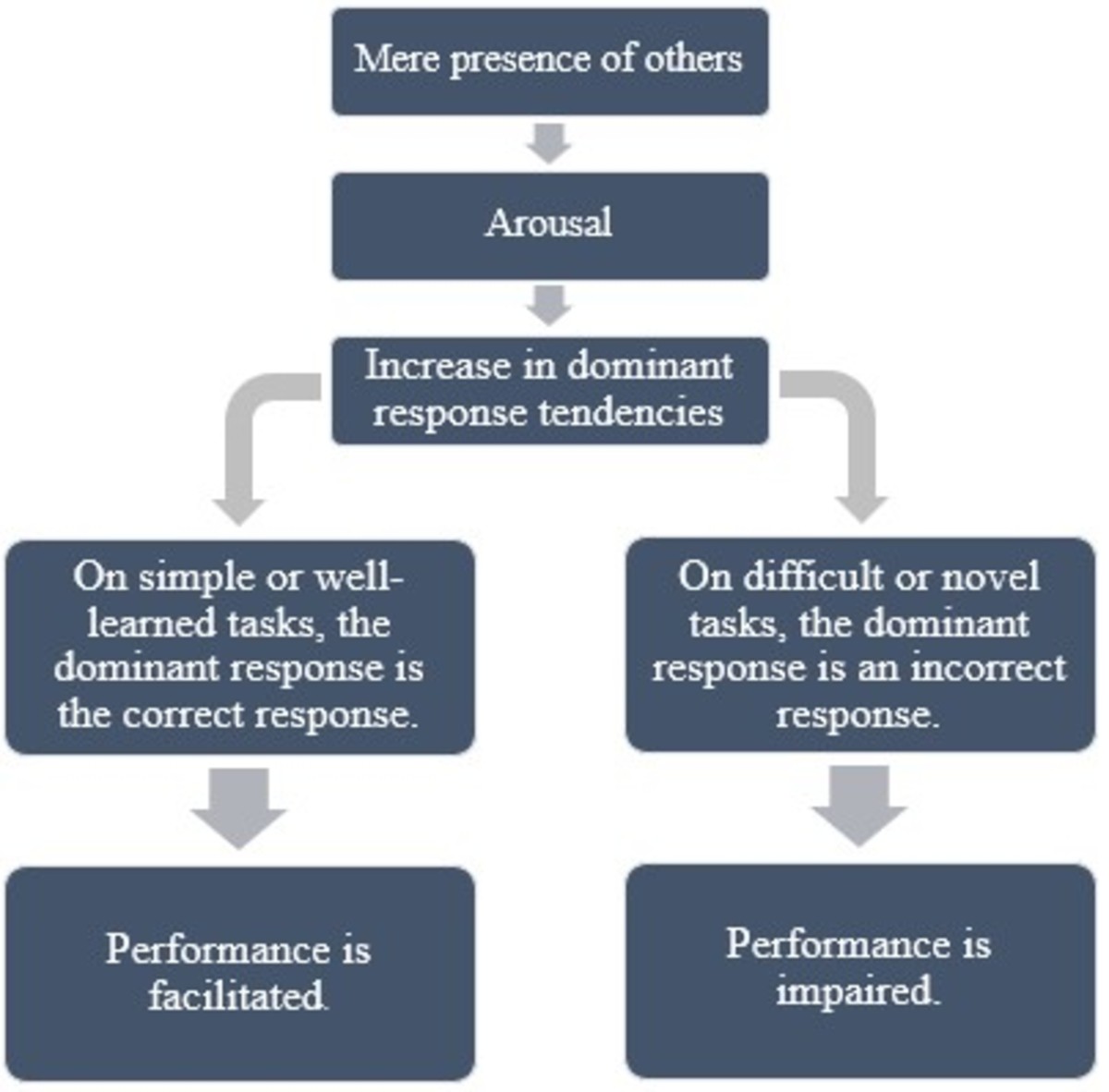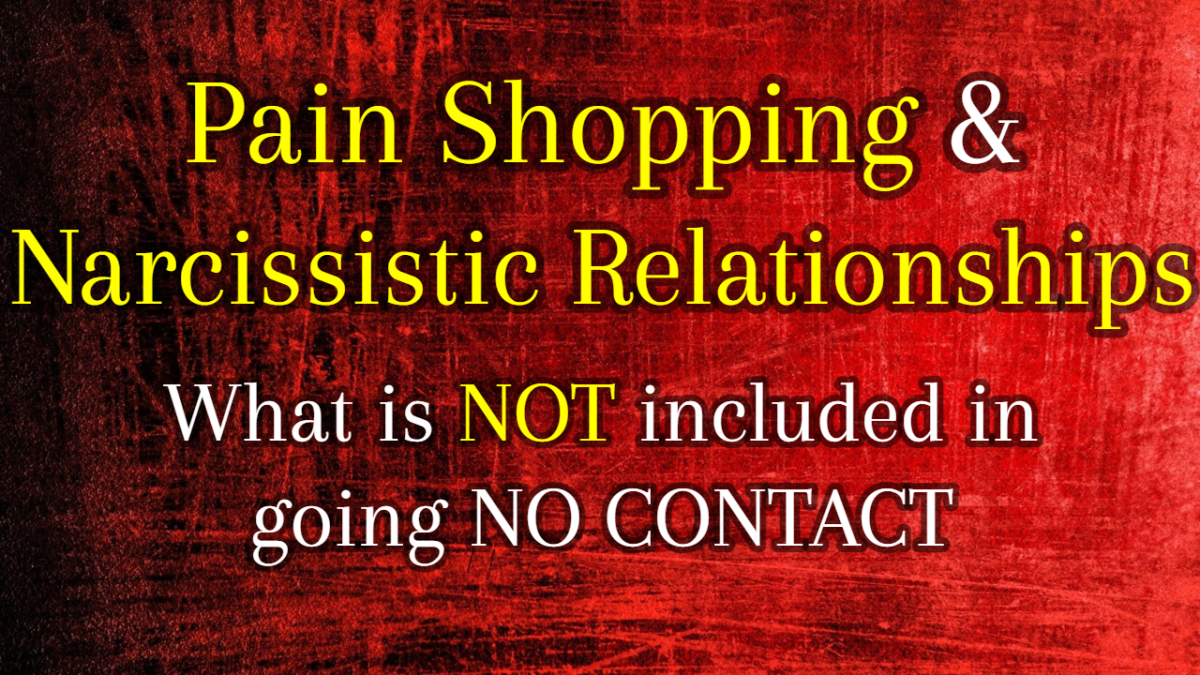Shopping Addiction or Spree

From Pastime to Addiction
Shopping is one of America's favourite pursuits. For most people, it means buying some new clothes for work or a small present for a friend. For some, however, shopping is much more than an enjoyable persuit, it is a real and destructive addiction that can turn into a financial tragedy. Obsessive shopping and spending means that your shopping habit is out of control. Like all addictions, it has to do with impetuosity and lack of control over one's impulses. Shopping is entrenched in America's culture; so often, irresponsibility comes out as over the top shopping. Sometimes referred to as "shopoholism," shopping addiction can inflict havoc on a person's life, their family, and their finances.
What are the Reasons
No one really knows what causes addictive behaviours, like shopping, alcoholism, drug abuse, and betting. Some new findings suggest that some people, maybe 10% of the population may have a genetic predisposition to an addictive behaviour. This is especially so when coupled with an environment in which a tendency to a particular behaviour is cultivated. However, no one really knows why this occurs.
While the origin of addictions are foggy, why addicts continue their destructive behaviours is much clearer. Many individuals will get some kind of high from an addictive behaviour like shopping. Meaning that endorphins and dopamine get switched on, and the person feels good, and if they feel good they are more likely to do it again because the need is reinforced. So what are the telltale signs that shopping has crossed the line and become a shopping addiction?
Behaviours to Look Out For
Shopoholics and other addicts share the same behaviours. For instance, while alcoholics will hide their drinks, shopoholics will hide what they bought. The question is what should a concerned family member or friend look out for when they think shopping has become a problem? A shopoholic will spend over their budget and get into financial trouble, spending a lot more than their income. A normal person will probably say, 'I can't afford to buy this or that.' But not someone who has an addiction, they will not recognize the confines of a budget. When a person with a shopping addiction goes shopping, they often impulsively buy, meaning they go for one blouse and come out with ten or more of them. A shopping addiction is a problem that is on-going. It's more than a once a year holiday season shopping spree.
Shopoholics will hide what they buy because they don't want their spouse or partner to know they bought it in case they'll be disapproved of. They may have hidden credit card accounts, too. Because this problem affects mainly women, just as alcoholism affects mainly men, husbands will all of sudden be told their wife is $35,000 in debt and they are responsible, and many times, this results in divorce. Some people will take what they bought back to the shop because they feel guilty. That same guilt can start another shopping spree, so it's becomes a vicious circle. And for these particular people, debt may not be a problem because they return clothes out of guilt. However, the problem continues to exist.
Damaged Relationships
The Addiction and Behavioural Services Unit at Proctor Hospital in Illinois reports that it is not exceptional for them to see relationships which are suffering due to excessive spending or extreme shopping. Damage to a relationship can happen because the person spends a lot of time away from home at the shops, hides their debt by dishonest means, and psychologically and physically starts to separate themselves from others as they enter a world of their own with just themselves and their addictive behaviour.
Clear Consequences
Just like any other addiction, it has nothing to do with how much a person shops or spends, but everything to do with the outcomes. The Addiction and Behavioural Services often get the question near the holidays that because a person spent more money than intended, does this make them an addict? The answer is obviously a big no. However, if there is a pattern or a tendency for too much shopping then the person may be a problem spender, the characteristic is still loss of control. If they are no longer in control of their shopping but their shopping is in command of them, they've crossed the line.
According to the ABS unit if someone exhibits four or more of the following behaviours there may be a very serious problem.
- Shopping as a result of extreme emotions.
- Arguments with others about shopping habits
- Feeling lost without credit cards.
- Buying items on credit, rather than with cash.
- Describing a rush or a feeling of euphoria with spending.
- Feeling accountable after a spending spree.
- Lying about how much money was spent.
- Thinking neurotically about money.
- Spending a lot of time juggling accounts.
Seeking Addiction Help
When a friend or family member think they recognize a shopping addiction, start by getting professional help. For the spouse, family member, or friend who is concerned, an intervention is always a good idea. Also, find the closest Debtors Anonymous, which is a multi-step program that will be important for ongoing maintenance and support for the shopoholic. And get credit counselling, as many of the people who seek treatment have an average debt as a result of their addiction of more than $60,000.
Treatments
Be aware that treating a shopping addiction requires an all-round approach. Remember there are no benchmark treatments for a shopping addiction. Medications have been used in the past but generally they have been antidepressants that treat, in some cases, the underlying issue of depression in someone with an addiction, but with they can have very diverse results. Therapists also centre on logic behavioural treatment programs, and financial counselling can be very helpful to some people, as well. There is no quick and easy answer that will immediately heal a shopping addiction, and while treatment is a necessary part of solving the problem, so is behaviour change on the part of the addict.
Behaviour Changes
There are some fundamental changes in behaviour that the shopoholic must achieve that will have a big impact to breaking a shopping habit:
- They should admit that they are a compulsive spender.
- They should rip up check books and credit cards.
- They should never shop by themselves.
- Find other interesting ways to pass the time.
While behaviour change is clearly vital to recovery, so also is reaching out for help. A good first step is going with a psychiatric assessment.





